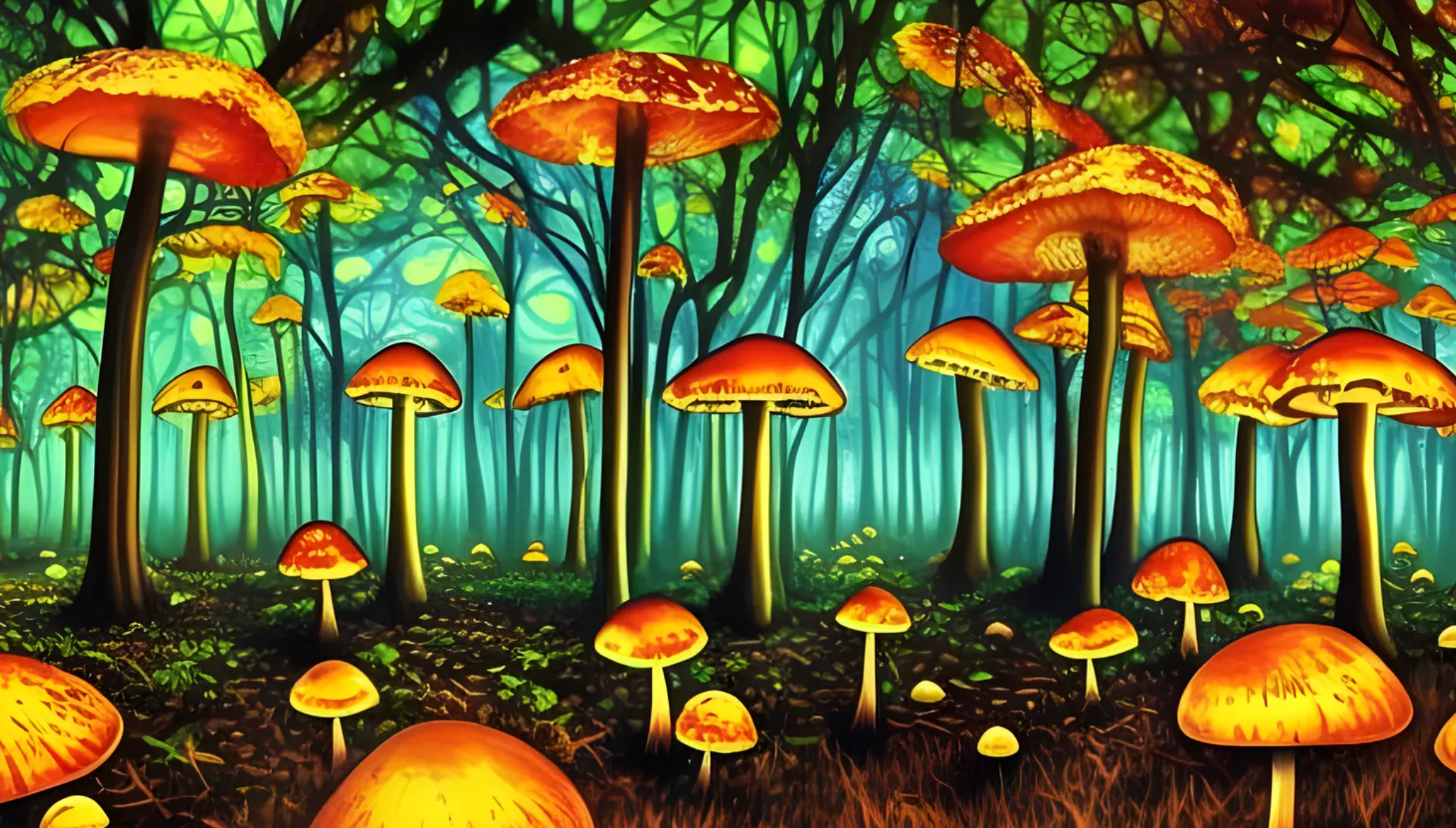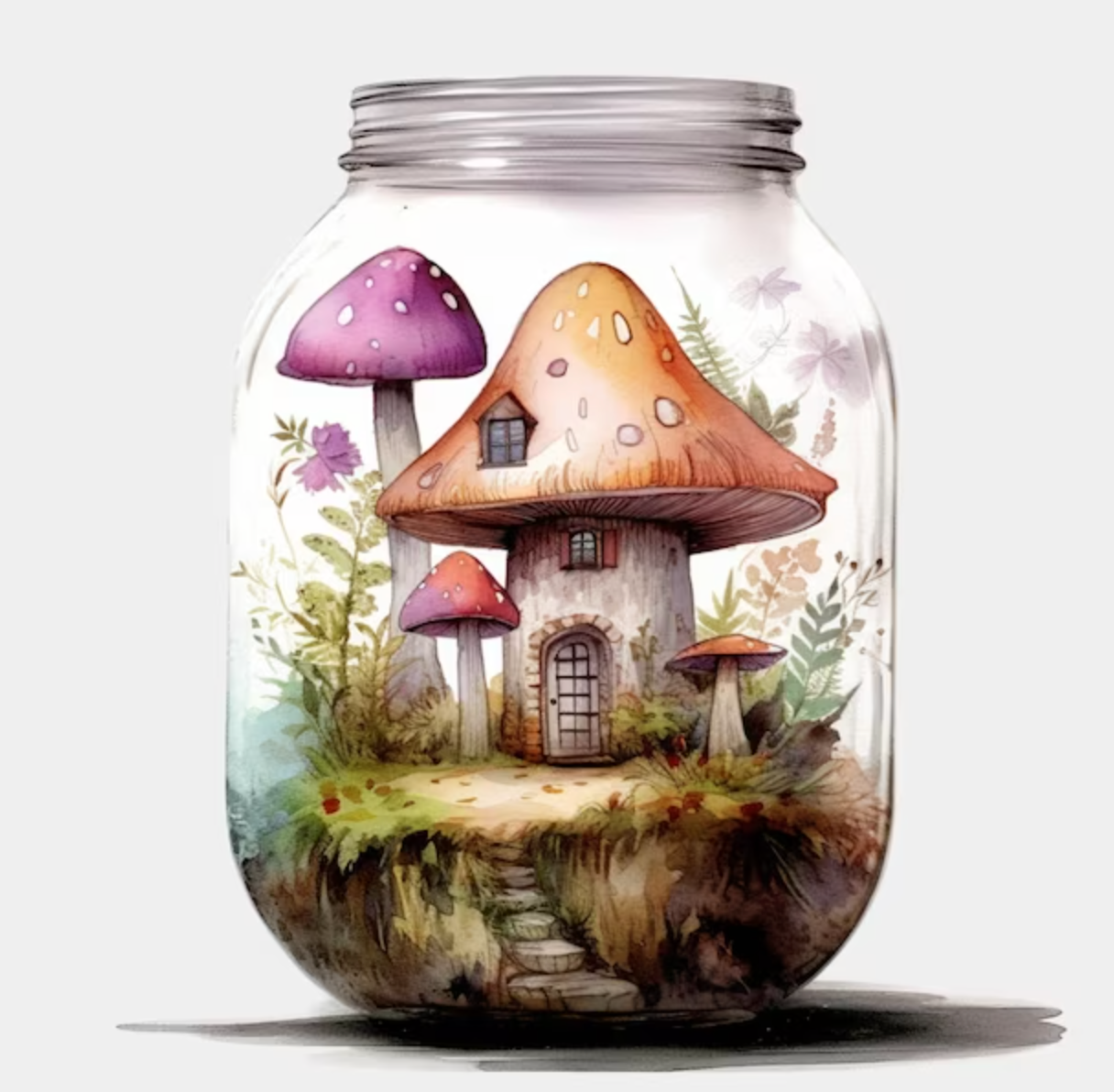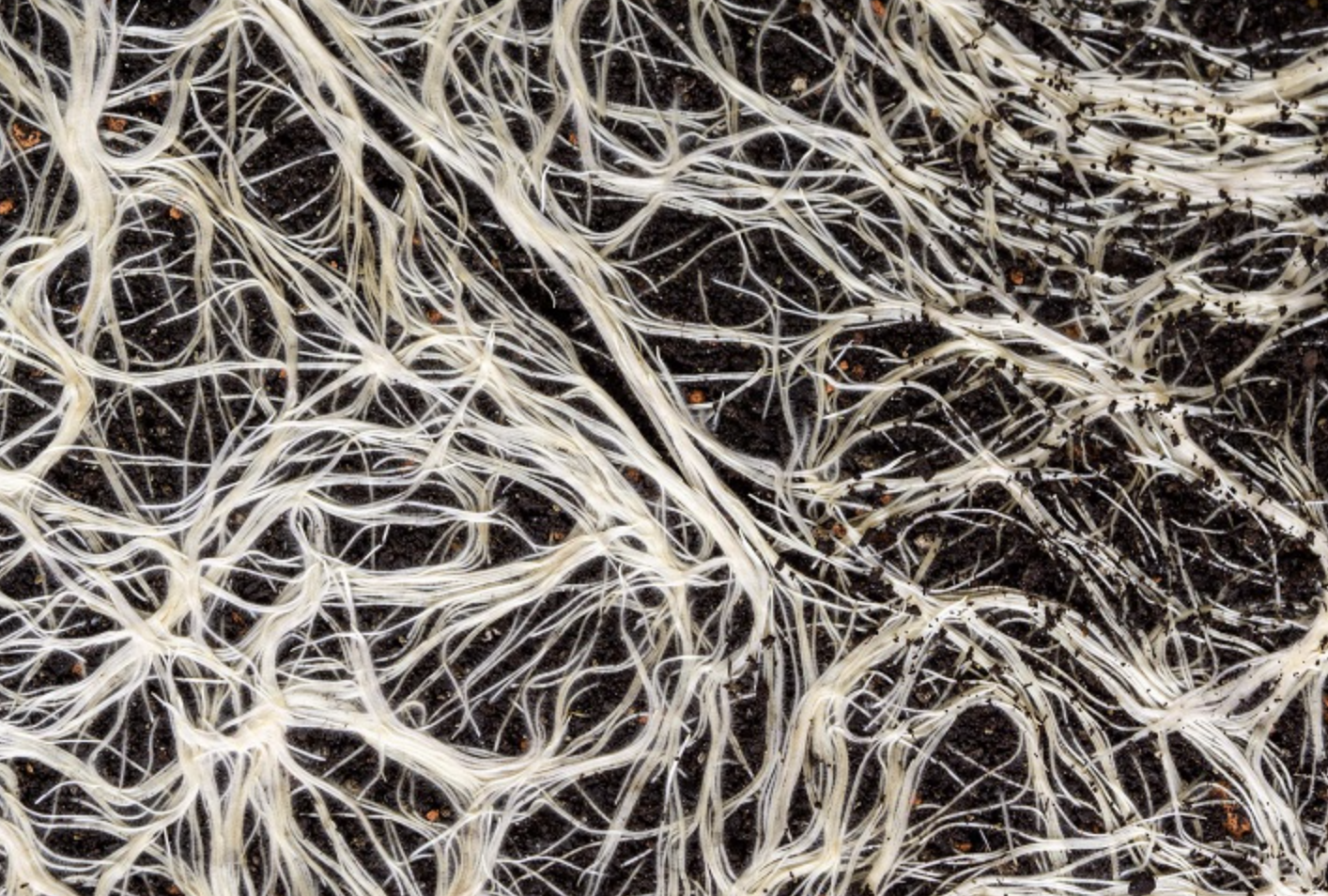
Why Big Goals Maybe Destroying Your Happiness
Read time: 3 min
I easily get overwhelmed.
Especially when I focus on everything I want to do, be and experience in life.
When this happens, I feel stuck and frozen, run away from everything, and actually do nothing.
- I have stared at a computer screen for 6 months trying to write a book.
- Cancelled commitments like marathon entry.
- I've not shown up for interviews.
- Ran away and cancelled dates.
Big Goals tend to be extrinsic in nature:
We define our success and how we judge others by the number of these Big Goals
- The new car
- A large house
- Our job role
- A fancy watch
- Designer clothes
Achieving the last Big Goal is never enough, as we reset our scoreboard and need to achieve the next Big Goal to feel like a success.
By defining our success based on these extrinsic goals, we are setting ourselves up for unhappiness.
How often have you assumed your lasting happiness was on the other side of some Big Goal?
How many times have you been proven wrong in this assumption?
The Arrival Fallacy is the term used to describe the false assumption that achieving a Big Goal will create lasting happiness in our lives.
It's a "When, Then" psychology that says, "When I achieve X, then I'll be happy."
The reality is that achievement is not a lasting source of happiness.
When hunting a Big Goal, you wake up with a clear purpose.
After you achieve it, you wake up with no clear reason to push yourself.
I remember this after I finished my first IronMan.
I trained every day for 6 months, then, when I crossed the finish line. I did not train again for another year.
I turned to tasty food, alcohol and partying.
"I thought I would be so happy when I achieved that Big Goal. "
In truth, after completing Big Goals, you feel a bit lost.
The focus on a singular Big Goal creates a purpose but also destroys it once the Big Goal is achieved.
Ok, so what can we do about it?
Set direction with Big Goals, but focus on Micro Goals.
Micro Goals are small, incremental growth and development targets.
They aren't the giant leaps but the small steps that happen along the way.
Micro Goals are more intrinsic by nature—partially because they aren't big enough to share publicly for clout or external affirmation.
They refocus you internally.
Small enough that you don't tie some grand happiness assumptions to their achievement.
They motivate you to grow without the pressure that they will individually change your life.
There is no big purpose let down because there is always another Micro Goal on the near-term horizon that you can use for motivation.
Here is an example:
Long-term goal: finish the St. Patrick's Day 5K
Short-term goal: jog one mile by February 1
Micro-goal for tomorrow: jog to the end of the street
Micro-goal for today: set out my running shoes before I go to bed
My go-forward approach is as follows:
- Establish a Big Goal to set direction.
- Establish Short-term/Micro Goals to set daily focus.
- Establish Short-term/Micro Goals to set daily focus.
Adjust and course correct based on evidence.
Balancing the Big Goal with a focus on the Micro is where I plan to thrive.
Small is beautiful.
If you feel overwhelmed again:
1. Just breath
2. And take small steps every day
A lot of small wins add up to something spectacular.
Ordinary becomes extraordinary over time.






